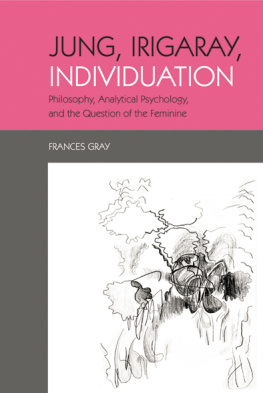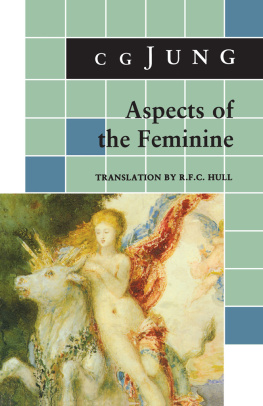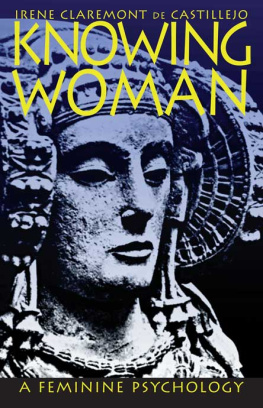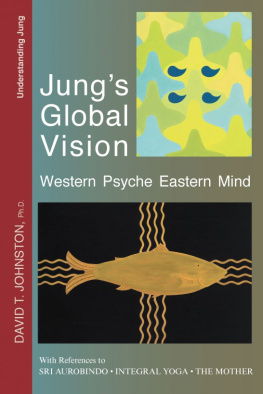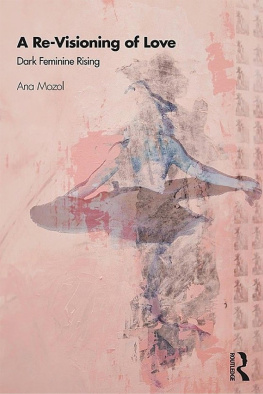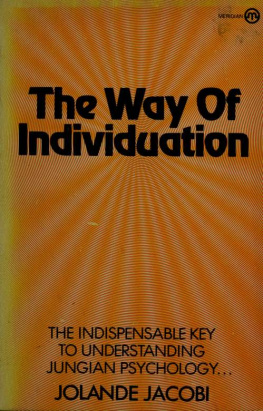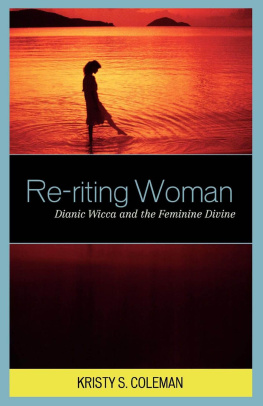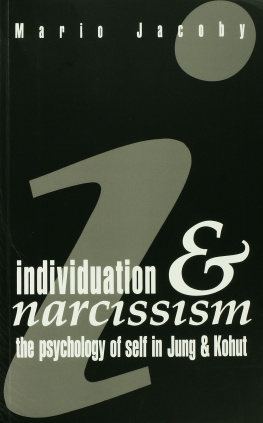Frances Gray - Jung, Irigaray, Individuation: Philosophy, Analytical Psychology, and the Question of the Feminine
Here you can read online Frances Gray - Jung, Irigaray, Individuation: Philosophy, Analytical Psychology, and the Question of the Feminine full text of the book (entire story) in english for free. Download pdf and epub, get meaning, cover and reviews about this ebook. year: 2008, publisher: Routledge, genre: Religion. Description of the work, (preface) as well as reviews are available. Best literature library LitArk.com created for fans of good reading and offers a wide selection of genres:
Romance novel
Science fiction
Adventure
Detective
Science
History
Home and family
Prose
Art
Politics
Computer
Non-fiction
Religion
Business
Children
Humor
Choose a favorite category and find really read worthwhile books. Enjoy immersion in the world of imagination, feel the emotions of the characters or learn something new for yourself, make an fascinating discovery.
- Book:Jung, Irigaray, Individuation: Philosophy, Analytical Psychology, and the Question of the Feminine
- Author:
- Publisher:Routledge
- Genre:
- Year:2008
- Rating:5 / 5
- Favourites:Add to favourites
- Your mark:
Jung, Irigaray, Individuation: Philosophy, Analytical Psychology, and the Question of the Feminine: summary, description and annotation
We offer to read an annotation, description, summary or preface (depends on what the author of the book "Jung, Irigaray, Individuation: Philosophy, Analytical Psychology, and the Question of the Feminine" wrote himself). If you haven't found the necessary information about the book — write in the comments, we will try to find it.
How do philosophy and analytical psychology contribute to the mal-figuring of the feminine and women? Does Luce Irigarays work represent the possibility of individuation for women, an escape from masculine projection and an affirming re-figuring of women? And what would individuation for women entail?
This work postulates a novel and unique relationship between Carl Jung and Luce Irigaray. Its central argument, that an ontologically different feminine identity situated in womens embodiment, womens genealogy and a womens divine is possible, develops and re-figures Jungs notion of individuation in terms of an Irigarayan woman-centred politics. Individuation is re-thought as a politically charged issue centred around sex-gendered difference focussed on a critique of Jungs conception of the feminine.
The book outlines Platos conception of the feminine as disorder and argues that this conception is found in Jungs notion of the anima feminine. It then argues that Luce Irigarays work challenges the notion of the feminine as disorder. Her mimetic adoption of this figuring of the feminine is a direct assault on what can be understood as a culturally dominant Western understanding. Luce Irigaray argues for a feminine divine which will model an ideal feminine just as the masculine divine models a masculine ideal. In making her claims, Luce Irigaray, the book argues, is expanding and elaborating Jungs idea of individuation.
Jung, Irigaray, Individuation brings together philosophy, analytical psychology and psychoanalysis in suggesting that Luce Irigarays conception of the feminine is a critical re-visioning of the open-ended possibilities for human being expressed in Jungs idea of individuation. This fresh insight will intrigue academics and analysts alike in its exploration of the different traditions from which Carl Jung and Luce Irigaray speak.
Frances Gray: author's other books
Who wrote Jung, Irigaray, Individuation: Philosophy, Analytical Psychology, and the Question of the Feminine? Find out the surname, the name of the author of the book and a list of all author's works by series.

